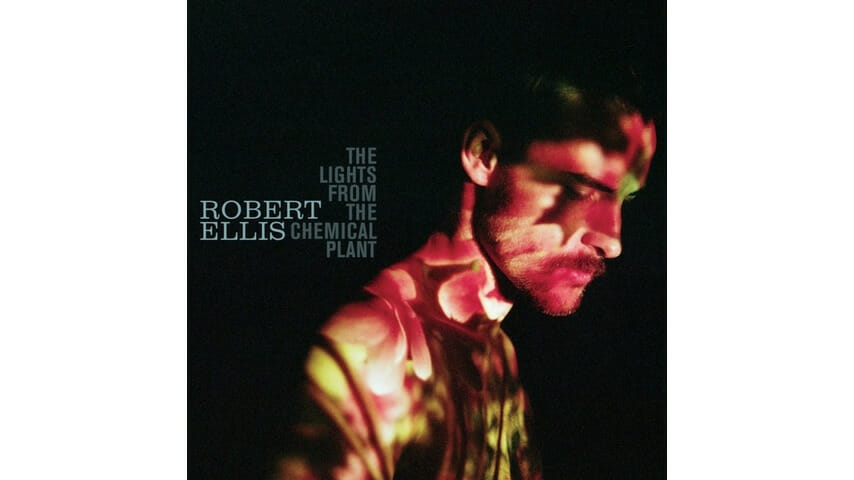
Like Sam Shepard, Robert Ellis understands the tenderness beneath the untamed’s leathery exterior. Born and raised in Lake Jackson, Texas, recently relocated to nouveau hipster central Nashville, Tenn., Ellis broadens his musical reach beyond deadly accurate classic country to often austere arrangements that reflect his small etchings of real life without aggressive genre-coding.
A splash of instruments, tones, textures, well-turned phrases and space, Plant’s an architectural triumph for producer Jacquire King (Tom Waits, Kings of Leon), who recognizes the power of the realizations captured in the moment. Whether the numbing downward mobility of escape-in-a-box “The TV Song,” the downy blanket of denial “Lies” or the creeping shuffle of temptation’s lure “Good Intentions,” which melts into an atmospheric breakdown that clouds the resolution, it’s real life with its ragged edges.
Murky, gray areas and faltering points make Ellis a compelling writer. Even the beautiful drone of “Chemical Plant,” with its exhaled vocals and stark tableau, shimmers with Springsteen-like desire amongst the harshness: two young lovers’ hunger for each other transforms those lights into stars, their assignations a comfort and refuge in the bleakness, sustaining them as everything else breaks down.
“Houston” serves as “Plant”’s inevitable bookend: the pressures imploding the relationship. The memories of the lights and love tattered, the narrator realizes his only hope is moving away from it all.
With his teeter-totter vocal styling, Ellis infuses vulnerability into what is more hardscrabble than hard-won. These are confessions, reluctant truths, tricky scenes to reveal. As a steel guitar bleeds across the track and a B3 genuflects to the melody, Ellis finds places to throw open his turpentine tenor on the bridge and chorus’ backline of Paul Simon’s “Still Crazy After All These Years.”
Small details offer gravity to what is easily unseen.
A piano, played with heavy sustain, puddles beneath “A Bottle of Wine,” a valentine of dysfunction and desire. Sweetly sung, the lament of love undone, tempered by wild living and the way cocaine fuels darker desires, regret stains the melody like nicotine on cheap veneers. A lone sax wafts through the bridge, evoking lost-hour street musicians and the warm cloud of justification.
That resignation tempers “Tour Song,” an almost weightless acoustic guitar lullaby to the woman left at home. Plain-spoken details, the truth of the showman’s life and the toll it takes, it is a beckoning and a reckoning of the illusions and fears that undo relationships.
Though the pathos draws the ear, Ellis can be cheery. “Steady Like the Rising Sun” is silky and yearning; strings and oohing vocals suggesting a Qiana-clad adult contemporary without succumbing to flaccid fern bar territory.